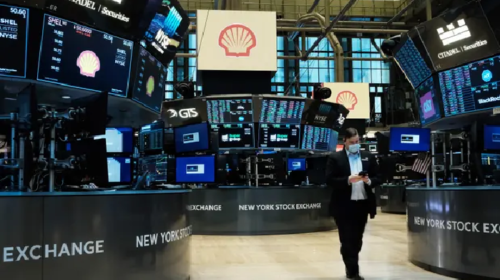The British oil giants BP and Shell reported huge quarterly profits this month, reigniting calls for a windfall tax to ease the burden of bills on struggling families. Tesco’s chairman, John Allan, this week argued that there was an “overwhelming case” for a one-off levy on North Sea extractors. While the focus was on their oil production businesses, both “supermajors” have benefited from a boom in trading revenues.
BP and Shell do not simply produce and sell oil, they employ thousands of traders whose job it is to buy and sell oil produced by other companies. They profit from speculating on swings in the oil price, and the choppier the market, the higher the potential earnings.
The pandemic and the war in Ukraine have caused markets to whipsaw, creating ideal conditions for those betting on price movements. Petrol prices at the pumps are at record highs, up 16% this year on top of a 50% rise in 2021. Wholesale gas prices are up nearly 400% since the invasion of Ukraine. The volatility has made hydrocarbons popular with institutions and bedroom day traders alike. More than 100m barrels a day of oil and other petroleum products are traded.





